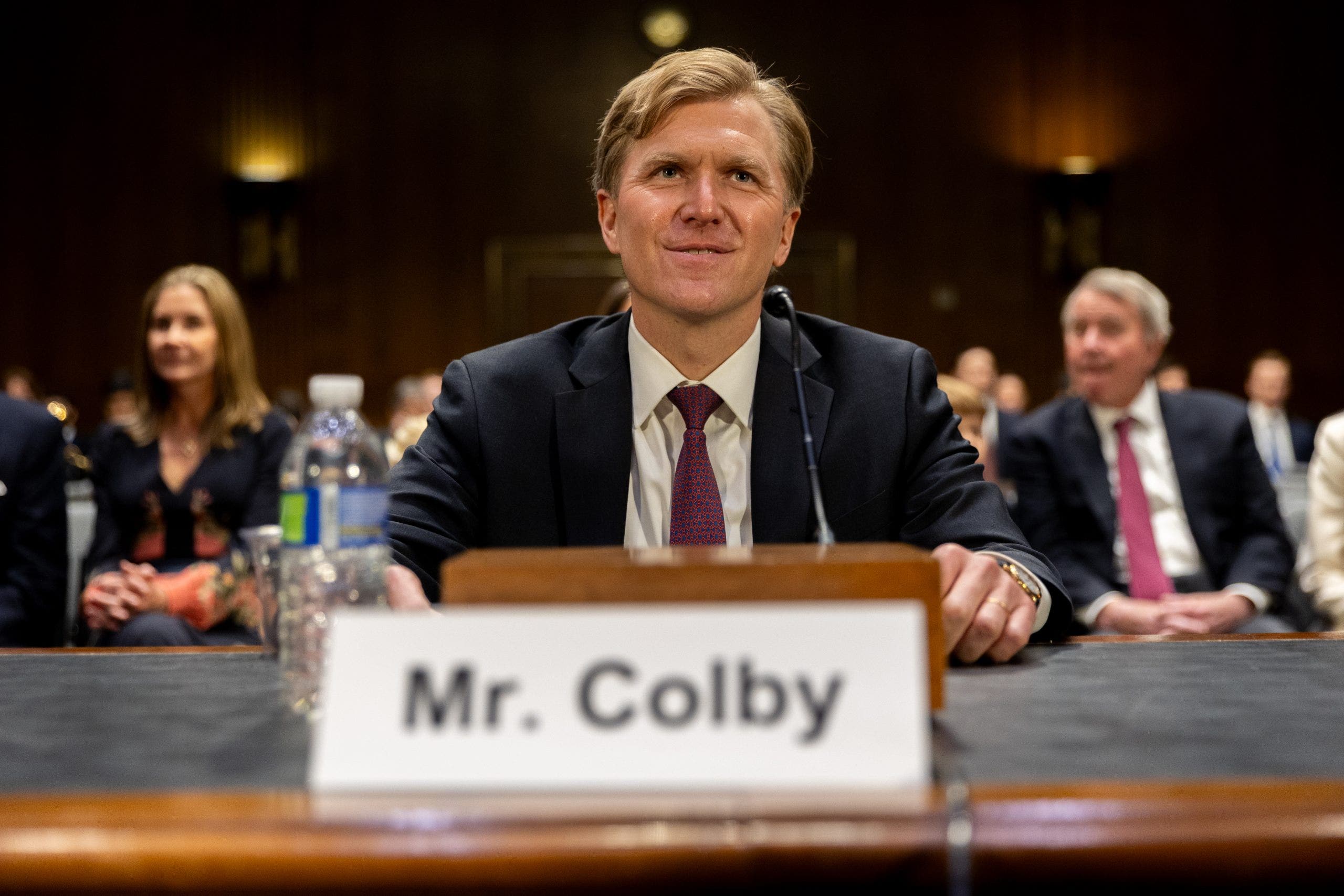Fourteen people have been tested for monkeypox in New Zealand to date, which experts say raises concern there could be undiagnosed infections in the community.
Aotearoa reported its first monkeypox case on July 9 and has three cases so far. All three had recently travelled and there was no evidence of community transmission.
As of Thursday, the Institute of Environmental Science and Research had performed 48 tests on 14 patients, including confirmatory testing for the three confirmed cases, the Ministry of Health said.
Joe Rich, the chief executive for the Burnett Foundation, was “concerned” by the number of tests run and said – given the rate of testing – it was possible cases could be going undetected.
READ MORE:
* New Zealand reports its first South Island case of monkeypox
* In race for monkeypox vaccines, experts see repeat of Covid inequities
* Pacific steps up against monkeypox as WHO declares global outbreak
* Monkeypox is the latest declared global health emergency – here’s what to know
“This is lower than we’d like to see.”
Pablo Blazquez Dominguez/Getty Images
As of Thursday, ESR has performed 48 monkeypox tests from 14 patients, including confirmatory resting for the three confirmed cases to date. (File photo)
Rich said “clearly” more needed to be done to encourage clinicians to be testing for monkeypox and to encourage the community to know when to be tested.
New Zealand Microbiology Network advice states testing should be restricted to people who fulfil both clinical criteria (fever, swollen lymph nodes and rash) and epidemiological criteria (exposure to a case or travel to an area with a current monkeypox outbreak within 21 days and/or men who have sex with men).
Infectious disease and sexual health physician Dr Massimo Giola said New Zealand should be starting to have a conversation about adopting some form of surveillance testing strategy.
That could include routinely testing random samples sent from sexual health clinics to laboratories or casting a wider net and looking at wastewater testing.
SUPPLIED
Infectious disease and sexual health physician Dr Massimo Giola says New Zealand should start a conversation about a surveillance strategy for monkeypox.
That was important as it had been reported some people in the outbreak weren’t getting very sick or have very minor looking lesions, Giola said. Some didn’t know they had it and could pass it on unknowingly.
University of Auckland clinical molecular medicine & pathology associate professor Mark Thomas earlier said the stigma of a sexually transmissible infection prominent in the news “will potentially discourage” people from going to their usual doctor and A&E clinics.
He recommended, where possible, that people who consider they might have monkeypox attend a sexual health clinic or be referred to an infectious diseases specialist.
A Ministry of Health spokesperson said there was “adequate levels” of testing capacity in New Zealand and a number of labs across the country had established monkeypox PCR testing.
Others were in the process of establishing testing.
The Burnett Foundation advised gay and bisexual men to watch out for any new symptoms, especially if they had recently travelled to a country experiencing an outbreak of monkeypox.
They should avoid contact with others if they developed fever or swollen lymph nodes.
Anyone who developed lesions or a rash should seek medical advice from their primary care or sexual health clinic – but call ahead, the foundation said.




















Discussion about this post